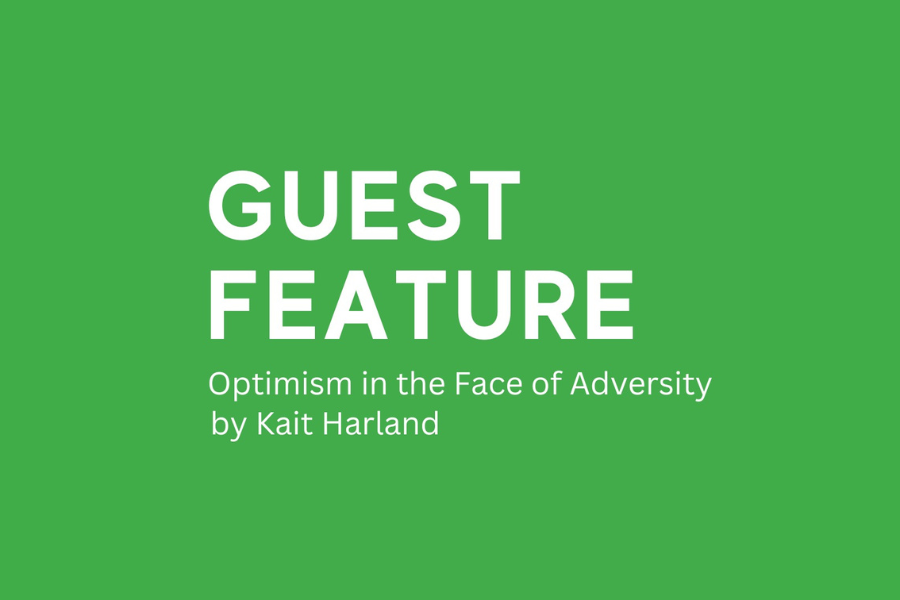Guest Article: Optimism in the Face of Adversity
COD student Rachael Coppe describes her experience in the nursing program in the years following the pandemic.
October 31, 2022
Rachael Coppe began her college career at COD in the fall of 2021, immediately following the return of in-person classes after the COVID-19 pandemic. One year later, she was accepted into COD’s nursing program. Her decision to join the health and care field so soon after the horrific events of the pandemic begs the simple yet potent question: why?
Throughout the pandemic, nurses operated within some of the most high-risk areas possible, serving in makeshift, overcrowded COVID wards, many times without access to sufficient personal protective equipment. This risk did not come without consequences; According to the World Health Organization, anywhere from 80,000 to 180,000 healthcare workers died due to COVID between the months of January 2020 and May 2021. Many more suffered from the long-term side effects of contracting the disease.
Knowing all of this, what could have driven Coppe to join such a high-risk profession?
“It kind of scared me a little bit, if I’m being honest,” she admits, speaking of the pandemic. “But who really pushed me to continue with it, even when I was questioning it, were my parents, especially my mom. ‘Cause she knows that this has been what I want to do for so long, and just because you’re going through a rough time, you know, don’t just give up all that work.”
Indeed, Coppe was not alone in her decision to pursue nursing in the face of adversity; the American Association of Colleges of Nursing reported in April 2022 that universities in America had seen a 3.3% increase in enrollment in entry-level nursing programs since the beginning of the pandemic.
Making the decision to join this field is only the first step in a long difficult journey, however. Even before the pandemic, nursing had one of the highest dropout rates in higher education, and according to a study conducted by the National League for Nursing, the dropout rate has recently reached a staggering 20% in the United States.
Though this is a daunting statistic, Coppe says that the idea of a difficult program was never enough to dissuade her from the career she’d aspired to since childhood.
“I’ve always kind of had the idea that I want to do this, ever since I was younger,” she explains. “And if it’s meant to be it’ll happen, and if I work hard it should figure itself out.”
Coppe goes on to discuss the benefits she has had that the previous class had to do without.
“I remember hearing that some of the older nursing students, the ones in their last year, had it all online, what I’m doing now,” she shudders. “And I’m in person now, which I really appreciate, because they’re long classes, and doing clinicals and stuff online would not have been fun.”
An optimistic perspective like Coppe’s will be essential for many nurses in the upcoming decades. Although the intensity of the pandemic has exponentially decreased in the minds of many, other challenges are already surfacing in the nursing world. In The Future of Nursing 2020-2030, published by the National Academies Press, the authors describe just a few of the possible issues that nurses will have to deal with, including an aging population that requires medical care; increases in mental and behavioral health conditions; lack of access to primary health care; physician shortages; and the coming retirement of hundreds of thousands of nurses from the baby-boomer generation.
Coppe is once again able to create a more positive perspective for the upcoming struggles, however. She creatively refers to the future in terms of an ice cream flavor.
“It’s like Neapolitan ice cream,” she considers, “because it’s a little bit of everything. Nurses, I think, jump around from one place to another. You end up working in the ER or the labor and delivery or wherever. So a little bit of everything, I would say.”
Anyone interested in learning more about COD’s nursing program can find more information at this link: https://www.cod.edu/academics/programs/nursing/.




















